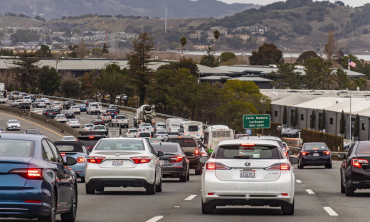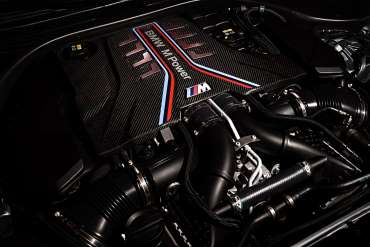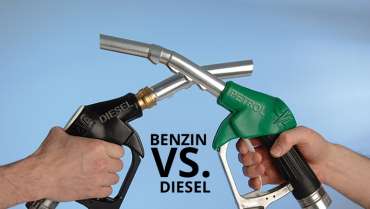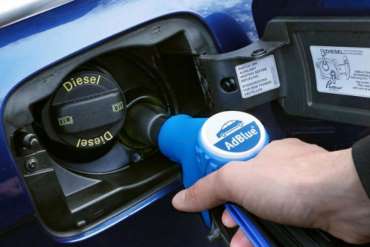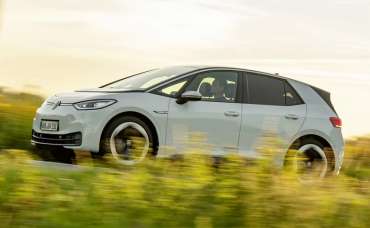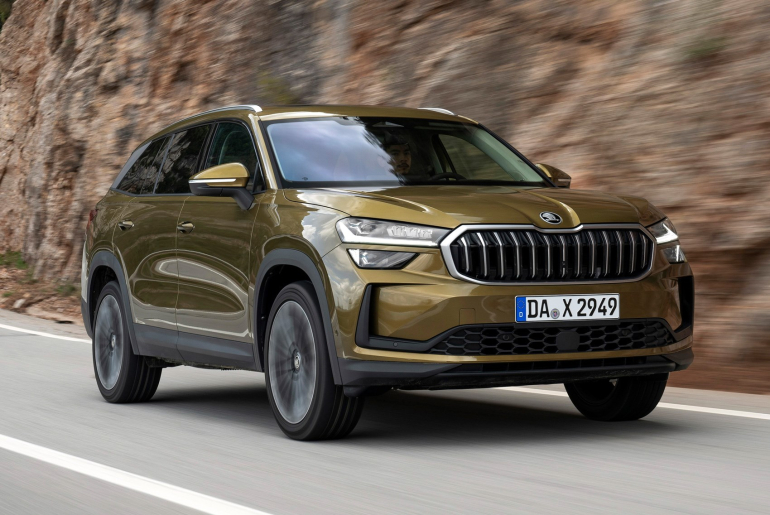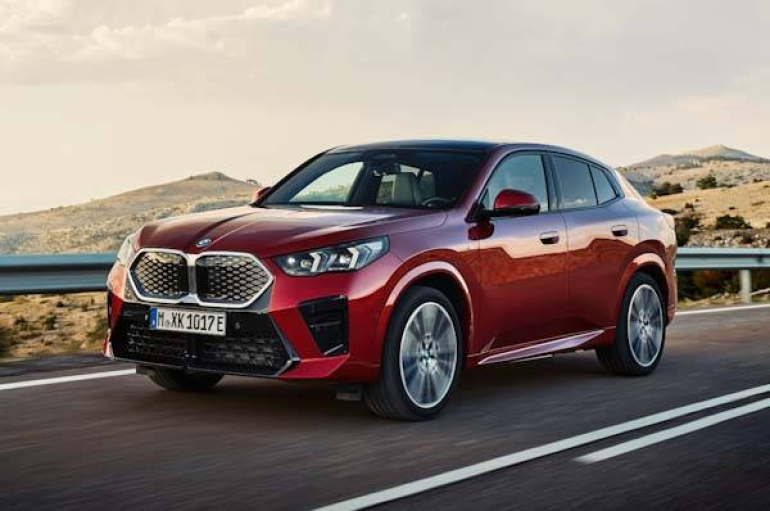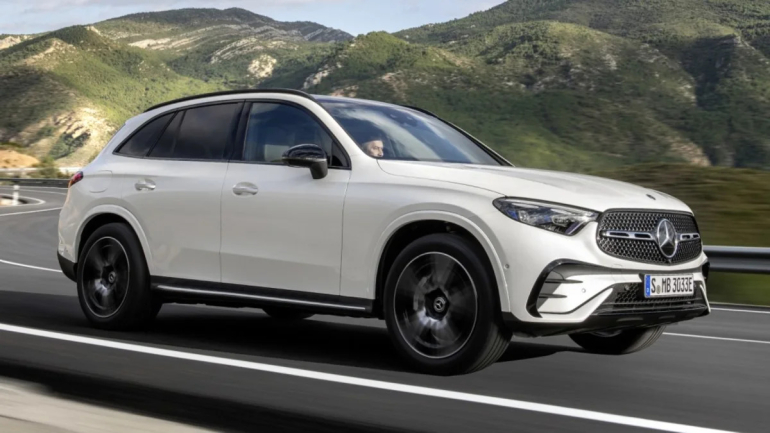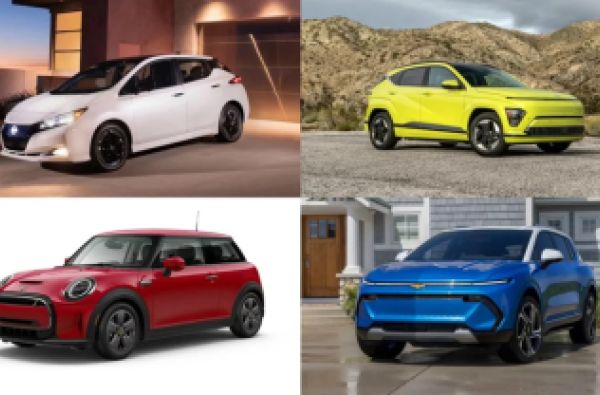Displaying items by tag: diesel
Now and definitely: the EU has banned the sale of new gasoline and diesel cars from 2035.
The European Parliament on Tuesday gave final approval to the mandatory implementation of zero emission rates for new cars and vans from 2035, meaning that in 12 years no new petrol and diesel cars will be sold.
The new CO2 emission standards for cars and vans are part of the "Ready for 55" legislative package, and the decision was supported by 340 votes in favour, 279 against and 21 abstentions.
The regulation was supported by representatives of social democrats, greens and liberals in the European Parliament.
"This regulation encourages the production of zero-emission and low-emission vehicles. These goals provide clarity to the automotive industry and encourage car manufacturers to innovate and invest. It will be more affordable for consumers to buy and use zero-emission vehicles, and the used vehicle market will develop faster. In this way, sustainable transport will become available to everyone," said Liberal Club rapporteur Jan Huitema (Renew).
Tp means that in 12 years it will no longer be possible to sell new cars with diesel and gasoline engines, but only new vehicles without harmful emissions. The transitional targets for reducing harmful emissions for 2030 are 55 percent for cars and 50 percent for light commercial vehicles.
In practice, this means that new cars and vans on the market will no longer be allowed to emit CO2, but cars with internal combustion engines will not disappear from the roads.
Even after 2035, citizens will still be able to drive their existing cars with internal combustion engines, and even buy used gasoline and diesel cars.
After the final vote at the plenary session of the European Parliament, the text still needs to be formally approved by the Council before being published in the Official Journal of the EU.
BMW has said it is not giving up on petrol and diesel
Mercedes has already announced that from 2030 it will become a fully electric brand where market conditions allow it, while Audi announced the end of the development of internal combustion engines for 2026. What about BMW? The Bavarian company is not yet ready to give up petrol and diesel because they believe that there is still life in them.
In an interview with Automotive News Europe, BMW development chief Frank Weber said the transition to electric cars will not happen overnight because certain questions need to be asked first: “When will the system be ready to absorb a large amount of electric cars? It is primarily about the necessary charging infrastructure, as well as renewable energy sources. Are people ready? Is the system ready? Is the charger infrastructure ready? ”
There is also the issue of manpower, because BMW, like many other manufacturers, has a large number of people working on the development of traditional drive systems. The workforce is slowly turning to the production of electric cars, but it is a complex process that will take a long time for workers to be properly trained.
Meanwhile, Euro 7 regulations are approaching and according to Frank Weber they are the last big reason for massive investments in the development of petrol and diesel engines. The money invested in research and development to keep these units in line with emissions limits will ensure the short-term future of internal combustion engines, at least until the end of this decade. With 9 more years to go, BMW's head of development thinks it's too early to talk about a strategy to eliminate petrol and diesel from the Bavarian company's offer.
Weber pointed out that BMW does not want to leave the conventional car market too soon and thus force people to buy electric cars, especially if the charging infrastructure does not have sufficient capacity. A bit contradictory from BMW’s head of development, especially when you consider that BMW is working intensively on fuel cell technology, and the number of hydrogen chargers is currently at the level of statistical error.
Petrol or Diesel - eternal doubt, which is better !?
You’re thinking about buying a new car, and so far you haven’t thought about the engine and the differences between a gasoline and a diesel engine. We may bring you a little closer to the advantages and disadvantages of the same to make the decision easier. In the end, your opinion and experience will be of great help to us in answering the eternal question of gasoline or diesel?
DIESEL
Diesel engines have a longer range, as they consume slightly less fuel than a classic petrol engine, and at the same time your full tank will last longer. 25 to 30% better economy compared to a petrol engine. Also, a diesel engine will in some cases be more economical and efficient than hybrid vehicles that combine a petrol and electric engine, of course depending on the model and the fast-growing technology that is changing the picture of consumption day by day.
Although until recently diesel was cheaper than gasoline, the story has not been in favor of this lately. The prices are approximately the same, so there is not much difference in that range. Diesel fuel is used in many more industries than gasoline, in addition to its use in road traffic, which causes prices to rise.
Definitely today the price is not a big difference, yet diesel fuel should achieve 25 to 30% higher price in order to lose the difference in economy. Diesel fuel is considered more efficient because it contains more benefits from the heat energy it generates.
Of course, the above works better, but in a real situation the heat generated by high-pressure auto-ignition in a cylinder differs from the explosion in a cylinder generated by gasoline fuel under the influence of spark plug and fuel air, so diesel fuels do not result in such high performance. engines, but modern diesels offer higher torque. Gasoline engines tend to be large, fast, and powerful, while diesel engines are slower and more durable.
As we have said, diesel engines do not have a spark plug, so there is no need to change it, ie the cause of not starting the engine should be sought in that part. Diesel engines are also easier to withstand high pressure and compression and most often the engines last longer than conventional gasoline without major repairs. You may not need to cover 500,000 km with a single vehicle, but it is certainly of great importance when assessing a vehicle in the event of a sale.
If you ignore some of the advantages listed above, you should not be surprised by more expensive maintenance during repairs, because diesel engines are technologically a little more advanced or more demanding.
PETROL
Purchase cost and fuel consumption. The initial cost of purchasing a gasoline engine is lower, however its consumption will later be slightly higher compared to the same engine power.
Fuel is easily available at all gas stations in several different qualities, and the winter months make almost no difference in terms of repairs because there are no problems with ignition.
Maintenance and parts are somewhat more economical in nature, but require somewhat more frequent inspection of the engine and all associated units. Starting the engine is of a different nature, so the service intervals could be a bit shorter.
Spare parts are often cheaper and more readily available. Gasoline engines have a higher regulated speed and a more flexible engine.
Less torque, less vehicle weight more easily transfer power to the ground. Easier to start the vehicle in cold weather.
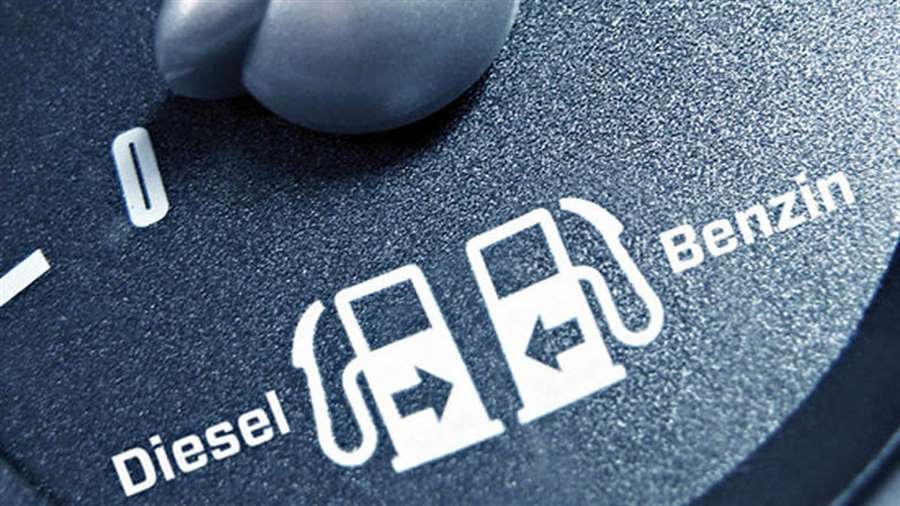
Everyone should decide what is best for them and what their individual needs are. Personally, it is necessary to do a little research before buying a vehicle is realized. We are sure that no one is aiming to spend a few thousand or tens of thousands of kunas, only to realize afterwards that you have made a mistake. Take enough time, even when these seemingly insignificant segments are in question, but you will certainly be more satisfied if you adapt exactly what you need to yourself and your needs.
Also keep in mind what the needs are in relation to the daily use of your vehicle; the highway, city driving, the environment in which you drive, what exactly you need the vehicle for, the purpose, the expected lifespan and the frequency of use, are all reasons that are very important to think about beforehand.
Without this solution, there is no future for diesels. Good to know what AdBlue is for?
AdBlue is a 32.5 percent aqueous solution of urea that is neither toxic nor flammable, but is highly corrosive.
This product is also known as AUS 32, which is an abbreviation of the English name for aqueous urea solution. It was developed especially for diesel engines, whose exhaust systems are equipped with selective catalytic reduction (SCR system).
AdBlue is injected into the exhaust gases in the catalytic converter of the diesel engine to reduce harmful emissions of nitrogen oxides (NOx). In this way, the emission standards for Euro 4, Euro 5 and Euro 6 can be met. By injecting the AdBlue solution into the exhaust gases, the urea contained in the ammonia (NH3) and carbon dioxide (CO2) solution is obtained.
The whole process takes place at high temperatures, at which ammonia reacts with nitrogen oxides, which are formed during the combustion of diesel. The product of this reaction is harmless nitrogen (N2) and water vapor (H2O), which come out of the exhaust. This process is called selective catalytic reduction (SCR). AdBlue is liquid up to a temperature of -11.5 degrees and can be reused without restriction if it is dissolved continuously. It is very corrosive, and must not come into contact with non-ferrous metals, various types of plastic and similar materials.
The dosing of AdBlue additive, which is stored in a separate tank, is done completely automatically in the vehicle, in accordance with the control unit. In the case of Euro 4, the amount of added AdBlue additive corresponds to about 3-4 percent of the amount of fuel consumed, while in Euro 5 it is between 5 and 7 percent.
In certain cases, AdBlue can reduce diesel consumption by up to 7 percent, which partially justifies the initial costs of mounting on a vehicle in accordance with the Euro 4 and Euro 5 norm. By comparison, about 35 new vehicles with AdBlue emit the same amount of particles as a ten-year-old vehicle without a SCR system.
Many modern diesels use AdBlue solution, which is poured into a special tank and must not be mixed with fuel. When it is used up, a new amount should be added. Although it will work without AdBlue, the engine will emit larger amounts of harmful gases, and the built-in diagnostic system (OBD)
Are electric vehicles cheaper to maintain than diesel and gasoline?
Audi estimates that the cost of maintaining an electric car is more than 40 percent lower than a car with conventional fuel
An electric vehicle has far fewer moving parts than a combustion engine. In addition, the architecture is much simpler and the concept less susceptible to wear. There is no replacement of the catalytic converter, oil or air filter, or spark plugs, timing belts or clutches to replace or change the oil. What electric car owners are also interested in, in addition to the purchase price and consumption, are the maintenance costs. But how much less is that compared to an internal combustion engine? We went out to market and found some examples of brands to compare. Surprisingly, the numbers were quite different.
Ford points out that with its fully electric Mustang Mach-E, it saves more than 60 percent over five years compared to traditional gasoline vehicles. Audi estimates that the cost of maintaining an electric car is more than 40 percent lower than a car with conventional fuel.
Volkswagen points to a 35 percent reduction in maintenance and repair costs, relying on data from Germany's Für Automobilwirtschaft (IFA).
However, a big problem is the high purchase price of electric cars, and the fact that electricity is often quite expensive at charging stations in Europe. Thus, the financial advantage of electric cars is currently questionable.

